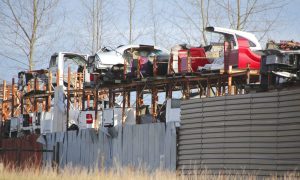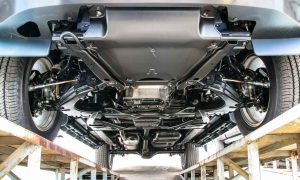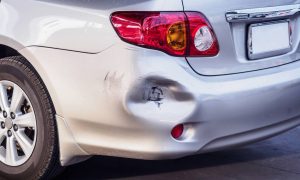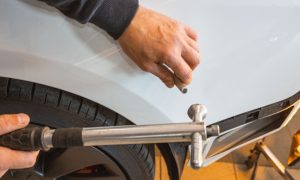Imagine waking up on a crisp morning, excited to hit the road with your Kia, only to find that it refuses to start. Frustrating, isn’t it? Understanding why won’t my Kia start can save you time, money, and unnecessary stress. This guide dives deep into the common culprits behind a non-starting Kia, offering you actionable insights to diagnose and resolve the issue effectively. Whether you’re a seasoned DIY enthusiast or prefer professional assistance, we’ve got you covered with detailed explanations, troubleshooting steps, and expert recommendations.
Common Reasons for a Kia Not Starting
Several factors can prevent your Kia from starting. Identifying the root cause requires a systematic approach. Here are the most common reasons:
- Battery Issues
- Fuel Supply Problems
- Ignition System Failures
- Starter Motor Malfunctions
- Transmission Problems
Battery Issues
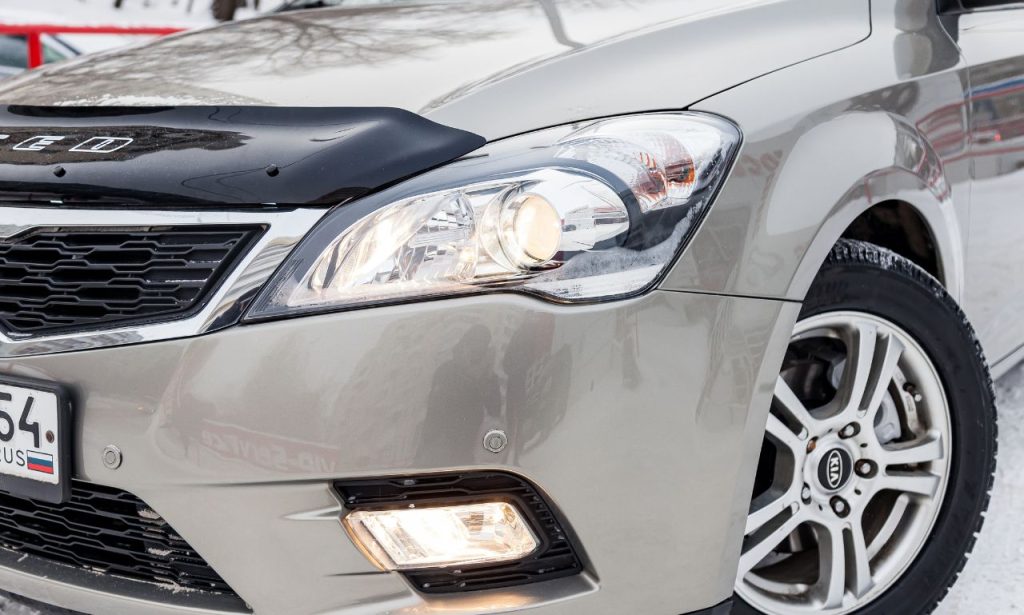
The battery is the heart of your car’s electrical system. If it’s weak or dead, your Kia won’t start. Common signs include dim headlights, a clicking sound when turning the key, or dashboard lights that don’t illuminate.
Symptoms:
- Unresponsive electrical components
- Slow engine cranking
- Dashboard warning lights
Fuel Supply Problems
Your engine needs a steady supply of fuel to operate. Issues like a clogged fuel filter, empty tank, or malfunctioning fuel pump can hinder this process.
Symptoms:
- Engine cranks but doesn’t start
- Lack of fuel smell
- Fuel gauge not working
Ignition System Failures
The ignition system is responsible for igniting the fuel-air mixture in the engine. Faulty spark plugs, ignition coils, or a malfunctioning key fob can disrupt this process.
Symptoms:
- No spark from spark plugs
- Engine misfires
- Key fob not recognized
Starter Motor Malfunctions
The starter motor engages the engine to start. If it’s faulty, you might hear a clicking sound, or the engine may crank slowly without starting.
Symptoms:
- Clicking noise when turning the key
- Engine doesn’t crank
- Starter motor overheating
Transmission Problems
Automatic transmission issues can prevent the car from starting. Problems like a faulty neutral safety switch or transmission fluid leaks can disrupt the starting process.
Symptoms:
- Car won’t shift into gear
- Fluid leaks under the car
- Warning lights on the dashboard
Troubleshooting Steps
Before calling a mechanic, you can perform several checks to identify the problem.
Checking the Battery
- Visual Inspection: Look for corrosion on battery terminals and ensure wires are securely connected.
- Test Voltage: Use a multimeter to check the battery voltage. A healthy battery should read around 12.6 volts.
- Jump Start: Attempt to jump-start the car. If it starts, the battery or alternator might be the issue.
Inspecting Fuel Supply
- Fuel Level: Ensure there’s enough fuel in the tank.
- Fuel Pump Operation: Listen for a humming sound from the fuel pump when you turn the key to the “ON” position.
- Fuel Filter: Check if the fuel filter is clogged and replace it if necessary.
Examining the Ignition System
- Spark Plugs: Remove and inspect spark plugs for wear or damage.
- Ignition Coils: Test ignition coils for proper function using a multimeter.
- Key Fob Battery: Replace the key fob battery if the signal strength is weak.
Verifying Starter Functionality
- Starter Relay: Test the starter relay with a multimeter.
- Wiring: Inspect wiring connected to the starter motor for damage.
- Starter Replacement: If the starter motor is faulty, consider replacing it.
RepairPal Recommendations for No-Start Diagnosis
According to RepairPal, accurate diagnosis is crucial. Their recommendations include:
- Comprehensive Diagnostic Scan: Use an OBD-II scanner to identify error codes.
- Professional Inspection: Seek assistance from certified Kia mechanics for complex issues.
Finding Qualified Mechanics
Choosing the right mechanic ensures quality repairs. Look for:
- Certification: Ensure they are ASE-certified.
- Experience with Kia: Prefer mechanics specializing in Kia vehicles.
- Customer Reviews: Check online reviews for reliability and service quality.
Cost Estimates for Repairs
Repair costs can vary based on the issue:
| Problem | Typical Cost Range |
| Battery Replacement | $100 – $200 |
| Fuel Pump Replacement | $300 – $600 |
| Ignition System Repair | $150 – $400 |
| Starter Motor Repair | $200 – $450 |
| Transmission Repair | $1,000 – $4,000 |
Note: Prices may vary based on location and parts availability.
Warranty Considerations
If your Kia is still under warranty, many repairs may be covered. Check your warranty booklet or contact your dealer to understand the coverage details. Extended warranties might also offer additional protection against no-start issues.
Preventive Measures to Avoid Future No-Start Issues
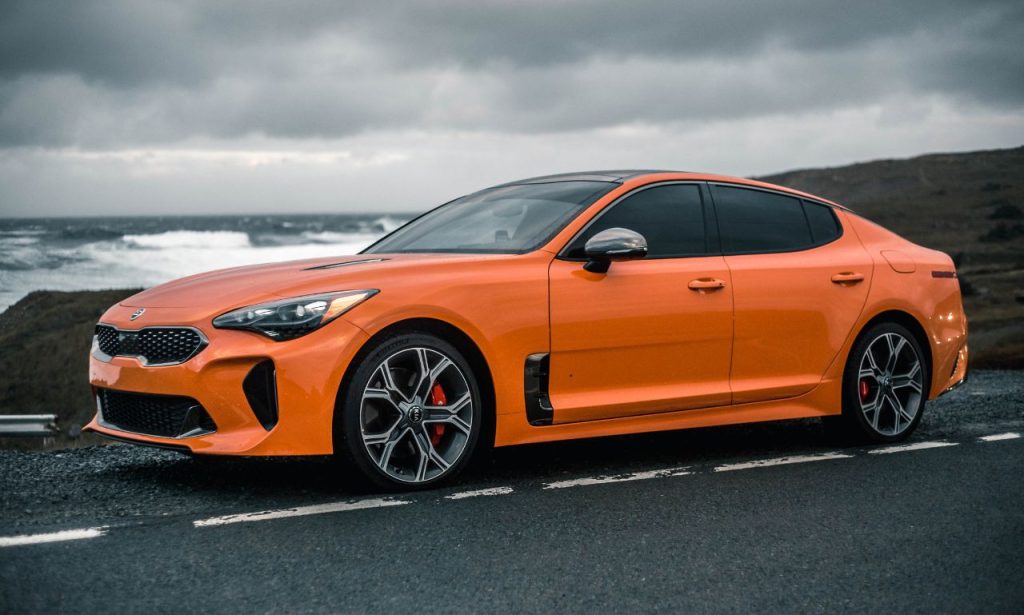
- Regular Maintenance: Schedule routine checks for battery, fuel system, and ignition components.
- Battery Care: Keep the battery terminals clean and ensure it’s charged regularly.
- Fuel Quality: Use high-quality fuel and avoid letting the tank run empty frequently.
- Ignition System Upkeep: Replace spark plugs and ignition coils as per the manufacturer’s schedule.
- Secure Transmission: Ensure the transmission fluid is at proper levels and leak-free.
Conclusion
Facing the question why won’t my Kia start can be daunting, but understanding the underlying causes and knowing how to troubleshoot can empower you to resolve the issue efficiently. Whether it’s a simple battery replacement or a more complex transmission repair, timely action and regular maintenance are key to keeping your Kia running smoothly. Remember, when in doubt, consult a professional mechanic to avoid further complications and ensure your vehicle remains reliable and safe.
ALSO READ: 10 Steps of Selling a Car
FAQs
Yes, both extremely cold and hot temperatures can impact battery performance and fuel efficiency, potentially causing starting issues.
Typically, a car battery lasts between 3 to 5 years. Regularly testing it can help determine the right time for replacement.
Intermittent starting issues may indicate underlying problems. It’s best to have your vehicle inspected to prevent potential breakdowns.
Yes, using incorrect fuel can harm the engine and fuel system, leading to starting troubles.
Diagnosis time varies based on the problem’s complexity, but most issues can be identified within a few hours by a professional mechanic.

